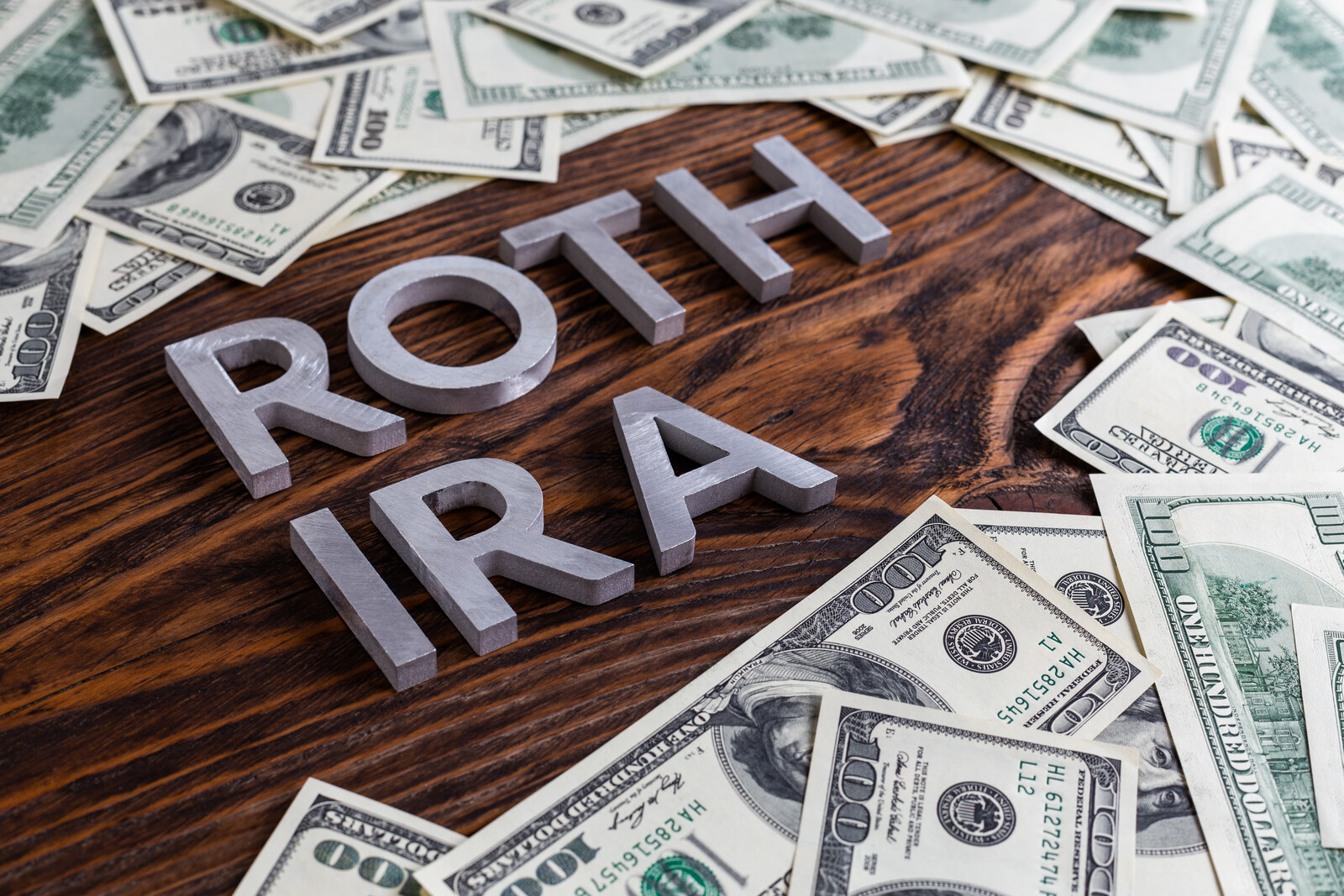Over the past months much has been said about how the presidential election might impact the stock market. Although we can't predict what will happen in this unexpected year, we can learn a lot from history.
Creekmur Wealth Advisors
Recent Posts
How do Presidential Elections Impact the Stock Market?
Topics: Tolerating Risk with Investments, Investing, Retirement, impact of presidential elections
Do you have a Zombie Retirement Plan?
Do you have a "Zombie Plan" roaming around somewhere in your financial past? An old 401(k), 403(b), or other employer sponsored plan that's been neglected and untouched for so long that it's almost left for dead!
Topics: 401k, 403(b), Retirement, rollover
We're quickly approaching the end of another year - for many it can't come soon enough! But, before you start on your holiday to-do list, you might want to check out this "Financial To-Do List." Experience tells us that those who run through these items annually are well set up to reach financial goals in the new year!
Topics: Financial Planning
The Social Security Administration Announces 2021 COLA
What you should know about the most recent cost-of-living adjustment.
On October 13, 2020, the Social Security Administration (SSA) officially announced that Social Security recipients will receive a 1.3 percent cost-of-living adjustment (COLA) for 2021. This adjustment will begin with benefits payable to more than 64 million Social Security beneficiaries in January 2021. Additionally, increased payments to more than 8 million Supplemental Security Income (SSI) beneficiaries will begin on December 31, 2020.1
Topics: Financial Planning, Social Security, Social Security income
What to expect during your first meeting at Creekmur Wealth.
You've done it! You've scheduled your introductory meeting with a financial advisor. You're taking control of your financial future, but you have a lot of questions about what happens next. Rest assured, you're not alone. We have found that many of the people who talk to a Creekmur Wealth advisor for the first time weren't sure what to expect, how much to share, or even what documents they should provide. Whether this first conversation happens on the phone, in one of our offices, or by video meeting, we want you to feel comfortable and understand what to expect.
Topics: Financial Planning, Stay focused on objectives, Certified Financial Planner, CFP, getting started
October Is Financial Planning Month
Six areas of personal finance to review.
When training to become a financial professional, much of our course work centers on the six critical areas of creating a financial strategy. Some recognize October as Financial Planning Month, so it's an excellent opportunity to review those six personal finance areas.1
Cash Management: This is a broad topic that can address many issues. One area is creating an emergency fund, which is money that's set aside for unplanned expenses. Cash management also can include looking at your "sources and uses" of money. Financial Planning Month focuses mainly on cash management and spending habits.1
Topics: Wealth Advisor, Wealth Management, Financial Planning
What do I do When a Loved One Passes?
A checklist of some of the first steps.
When you lose a spouse, partner, or parent, the grief can be overwhelming. In the midst of that grief, life goes on. There are arrangements to be made, things to be taken care of – and in recognition of this reality, here is a checklist that you may find useful at such a time.
First, gather documents. Ask for help from other family members if you need it. Start by gathering the following:
* A will, a trust, or other estate documents. If none of these exist, you could face a longer legal process when settling the person’s estate. If a trust exists, we would recommend contacting the professional or firm who helped set up the document. Depending upon how the estate is set up you may need to secure a Letter of Testamentary.
* A Social Security card/number. Generally, the person’s Social Security number will be retired shortly following the death.
Then, gather these additional highly important items.
Topics: Widow, Life Insurance, Surviving Spouse, Inheritance
Facts About Medicare Open Enrollment
How much do you know about the different coverage options?
Medicare’s open enrollment period runs from October 15 to December 7. If you are enrolling in Medicare for the first time, give yourself plenty of time. You may discover that it is much more complex than an employer-sponsored group health plan.1
When you enroll in Medicare, you pay multiple premiums for multiple types of coverage (Parts A and B, as well as the Part D prescription drug plan). Unlike a group health plan, there are no caps on out-of-pocket costs and a risk that you might have to pay a hospital insurance deductible more than once per year. Original Medicare also does not cover some costs that many seniors would like to cover, such as dental and vision care expenses.2
Topics: Details about Medicare, Retirement, Medicare Enrollment
How Much Do You Really Know About Extended Care?
Separating some eldercare facts from eldercare myths.
How much does eldercare cost, and how do you arrange it when it is needed? The average person might have difficulty answering those two questions, for the answers are not widely known. For clarification, here are some facts to dispel some myths.
True or false: Medicare will pay for your mom or dad’s nursing home care.
FALSE. Medicare is not extended care insurance.1
Medicare Part A will pay the bill for up to 20 days of skilled nursing facility (SNF) care, but after that, you or your parents may have to cover some costs out-of-pocket. After 100 days in a SNF, you will have to cover all costs out of pocket. The only way to “reset the clock” for Medicare coverage of these services is if
Topics: Financial Planning, Insurance, Life Insurance, Retirement
Why Roth IRA Conversions May Now Be Advantageous
Thanks to a couple of factors, some investors are thinking about this move before 2020 ends.
Roth IRAs have attracted retirement savers since their introduction in 1998. They offer the potential for tax-free retirement income, provided Internal Revenue Service rules are followed.
Do Roth IRAs seem even more attractive these days? Perhaps. You can cite two factors: current tax rates and the passage of the Setting Every Community Up for Retirement Enhancement (SECURE) Act.
Roth IRAs differ from traditional IRAs. Typically, distributions from traditional IRAs must start once you reach age 72, and the money distributed is taxed as ordinary income. When distributions are taken before age 59½,
Topics: Investing, Retirement, Roth Conversions, Roth IRA










